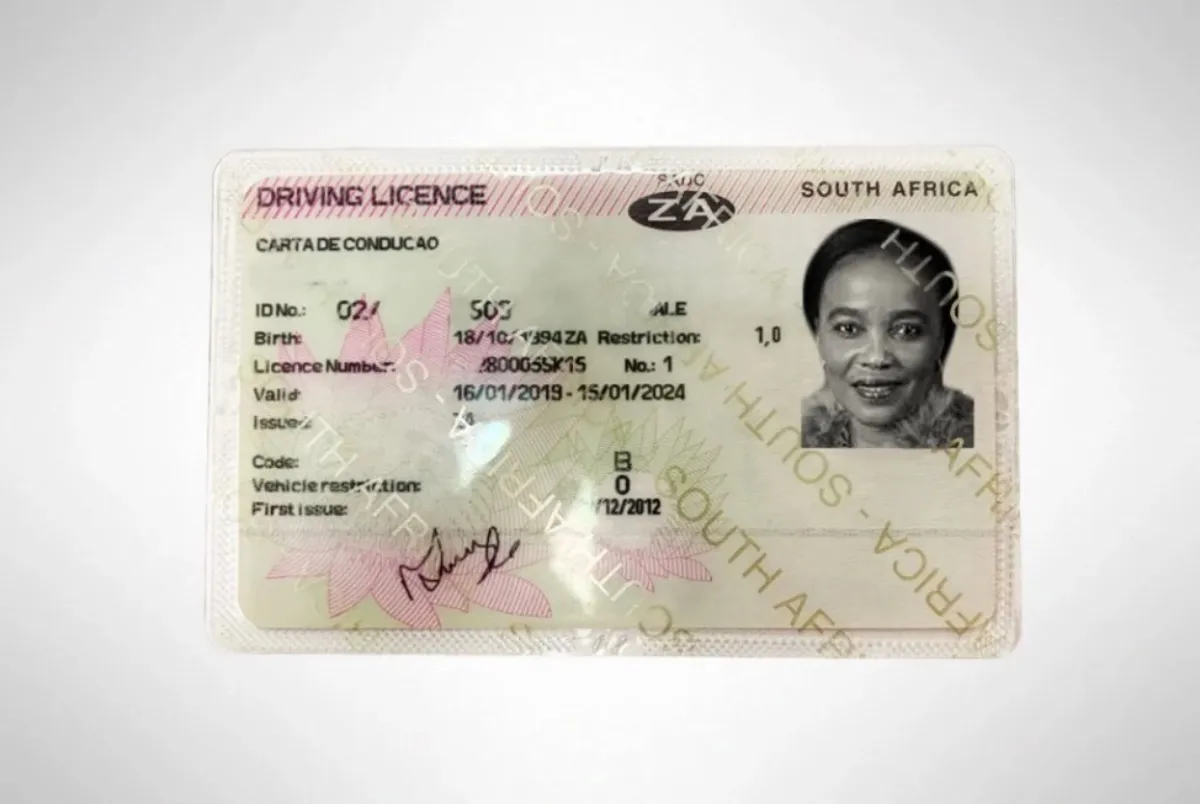Introduction
The driving licence backlog in South Africa has become a significant issue impacting thousands of drivers across the nation. The backlog, which has increased substantially over the recent years, directly affects individuals’ mobility and their ability to legally operate vehicles. As the country grapples with this widespread problem, it has sparked conversations about systemic inefficiencies and the urgent need for reforms in the traffic licensing system.
Current State of the Backlog
As of late 2023, reports indicate that the backlog of unprocessed driving licence applications in South Africa has reached staggering levels, with estimates suggesting that over one million applications are currently pending. This situation has arisen from a combination of factors, including the COVID-19 pandemic’s disruptions, staffing shortages, and outdated technology in many licensing departments. These delays not only leave drivers without valid documents but also hinder their day-to-day activities, such as commuting to work or running essential errands.
Government Response
The South African government has recognized the severity of the issue and has initiated several measures aimed at alleviating the backlog. In September 2023, the Department of Transport announced plans to extend operating hours at licensing centres and to hire additional staff to improve processing times. Furthermore, an investment in technology has begun to modernize the application system, with hopes of implementing an online application process that could streamline submissions and renewals.
Public Impact
The backlog has sparked frustration among South Africans who find themselves caught in the bureaucratic net. Many citizens have reported waiting for months, and in some cases, years, for their driving licences to be issued. Additionally, there are increased concerns about road safety, as unlicensed drivers may resort to operating vehicles without valid documentation, further exacerbating risks on the roads.
Conclusion
Addressing the driving licence backlog in South Africa is crucial not only for the convenience of citizens but also for the overall safety and efficiency of the country’s transport systems. With government initiatives underway aimed at improving the situation, there is cautious optimism among the public. However, swift action and continued investment are needed to resolve this issue effectively. Stakeholders urge the Department of Transport to prioritize these reforms to restore faith in the system and ensure that all drivers can obtain their licences without undue delay.


